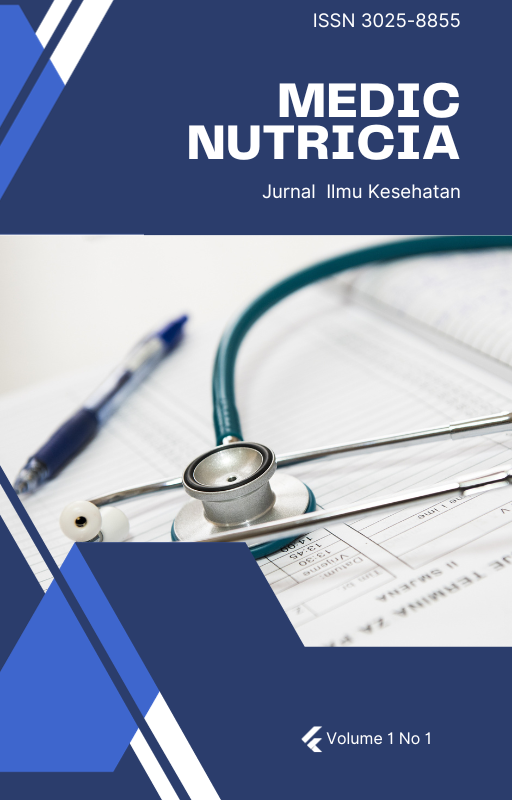RELATIONSHIP BETWEEN ZINC SUPPLEMENTATION AND GROWTH PARAMETERS IN CHILDREN AGED 1-5 YEARS: A CROSS SECTIONAL STUDY

Abstract
Zinc deficiency is a prevalent form of micronutrient malnutrition worldwide, particularly in developing countries, and is linked to impairments in cognitive, emotional, and physical development in children. This study aimed to investigate the association between zinc supplementation and growth changes in height and weight among children aged 1 to 5 years at Bangetayu Health Center, Semarang. Employing a cross-sectional analytical observational design, the study involved 60 children, equally divided between those receiving zinc supplementation and those not supplemented. Anthropometric measurements and child health records (KIA books) were utilized for data collection. The findings revealed a statistically significant association between zinc supplementation and improved growth parameters: 83.3% of supplemented children exhibited increased height (PR = 5.000; 95% CI = 2.444–10.228), and 69.8% showed increased weight (PR = 2.304; 95% CI = 1.530–3.475), with p-values < 0.001. Zinc’s critical role in hormone regulation, immune function, and bone metabolism underpins its contribution to linear growth. Despite limitations including the short study duration and limited control of confounding variables, the results underscore the importance of zinc supplementation combined with adequate nutrition and ongoing health supervision to enhance growth outcomes in young children.
Keywords
Anthropometry, Child Growth, Micronutrients, Public Health, Stunting, Supplementation, Zinc Deficiency